Science journalist Rachel Nuwer joins host Krys Boyd to discuss the phenomenon, which has been recorded since ancient times, and how it may offer insight into how we understand consciousness.
Read more


Science journalist Rachel Nuwer joins host Krys Boyd to discuss the phenomenon, which has been recorded since ancient times, and how it may offer insight into how we understand consciousness.
Read more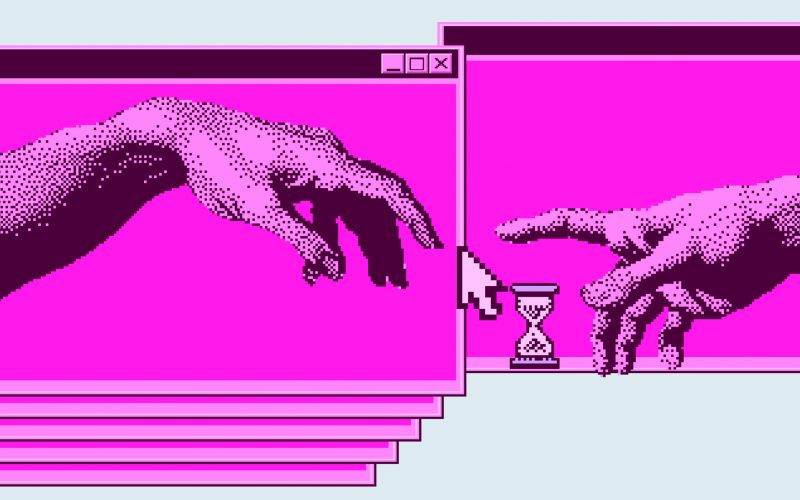
New York Times reporter Eli Tan joins host Krys Boyd to discuss how religious leaders are experimenting with artificial intelligence, asking questions and even generating sermons, and how this might connect with modern audiences searching for answers.
Read more
Shigehiro Oishi, Marshall Field IV Professor of Psychology at the University of Chicago, joins host Krys Boyd to discuss his concept of “psychological richness,” where curiosity and spontaneity provide the stimulation we need, and how this outlook can carry us even through the hardest patches of our lives.
Read more
Sunita Sah is a trained physician and professor at Cornell University. She joins host Krys Boyd to discuss why it’s so hard to go against the grain in our lives, strategies for putting your foot down and why we should look at defiant teenagers in a new and positive light.
Read more
Sarah Hart is professor of geometry at Gresham College and professor emerita of mathematics at Birkbeck, University of London. She joins host Krys Boyd to discuss why we so often look for coincidences in our lives — and why that’s a mathematically futile endeavor — why the blind luck behind lottery wins might not be so blind after all, and why revealing this magic with numbers makes the phenomenon all the more interesting.
Read more
Mark Lilla, professor of the humanities at Columbia University, joins host Krys Boyd to discuss the age-old impulse to shield ourselves from information, why that might save our sanity, and what that means for our deep-seated ideas of innocence.
Read more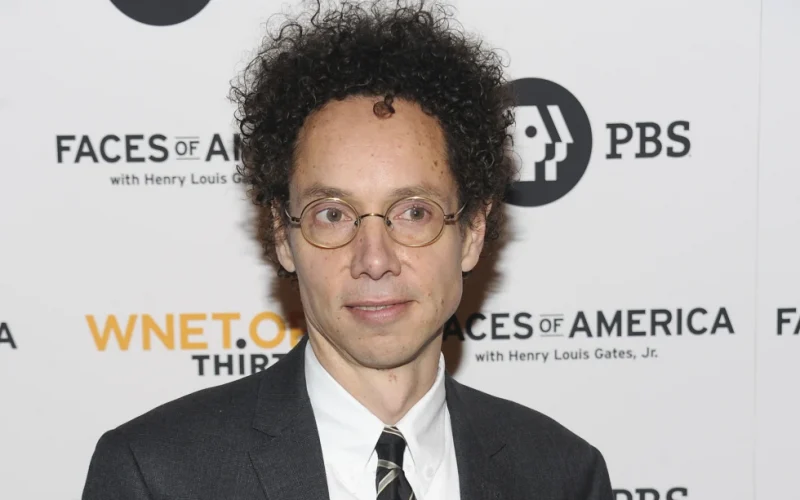
Twenty-five years after the success of “The Tipping Point,” Malcolm Gladwell is back with new insights. The author and co-founder of Pushkin Industries joins host Krys Boyd to discuss new anecdotes from social science that help explain the world around us – and to update the theory of contagion for our modern world.
Read more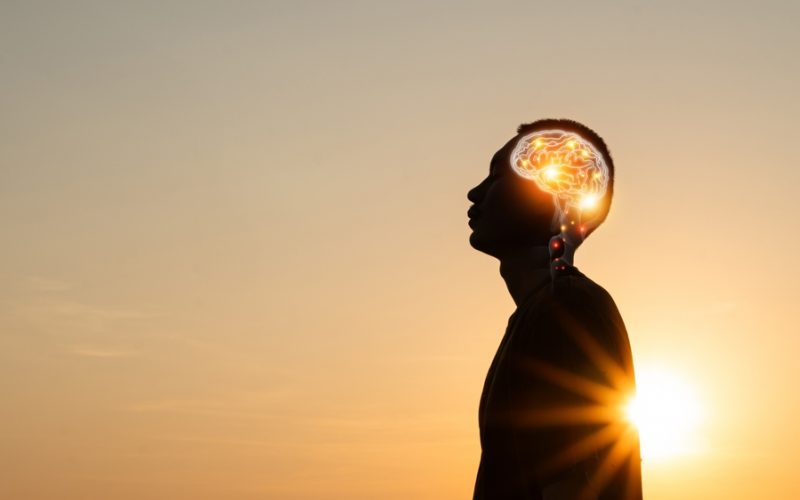
Jamil Zaki, professor of psychology at Stanford University and the director of the Stanford Social Neuroscience Lab, joins host Krys Boyd to discuss why cynicism leads to not only a more dismal outlook on life, but deleterious health effects.
Read more
Susana Monsó is associate professor of philosophy in the Department of Logic, History, and Philosophy of Science at the National Distance Education University (UNED) in Madrid. She joins host Krys Boyd to discuss what animals know about dying – from mourning rituals to attempts at saving lives – and if this newfound understanding means we should treat animals differently.
Read more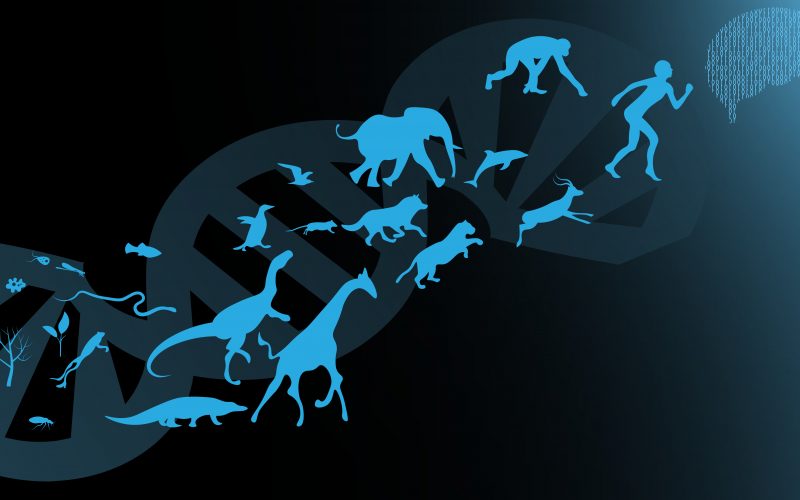
Richard Dawkins, inaugural Charles Simonyi Professor for the Public Understanding of Science at Oxford University, joins host Krys Boyd to discuss why the bodies of animals resemble their environments from thousands of years ago, and why sequencing these genomes offers a time machine to previous stages of evolution.
Read more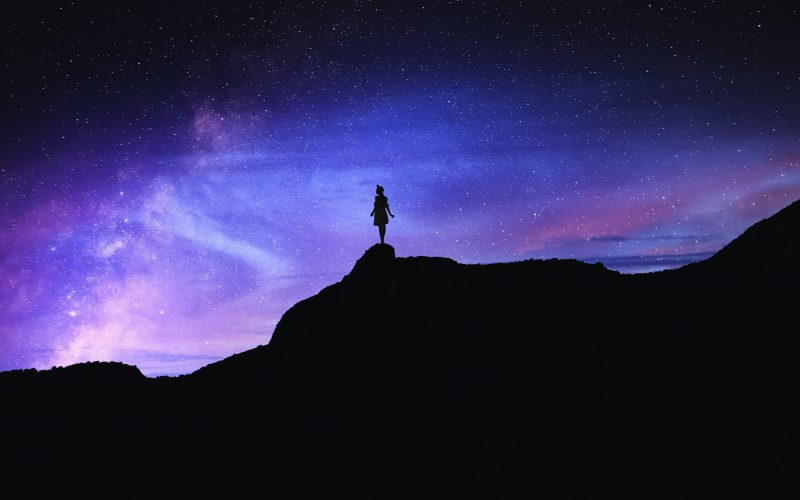
Helen De Cruz, Danforth Chair in the humanities and a professor of philosophy at Saint Louis University, Missouri, joins host Krys Boyd to discuss how wonder pushes us to explore the world around us, leads us to love more fully and helps us to get the most out of our brains.
Read more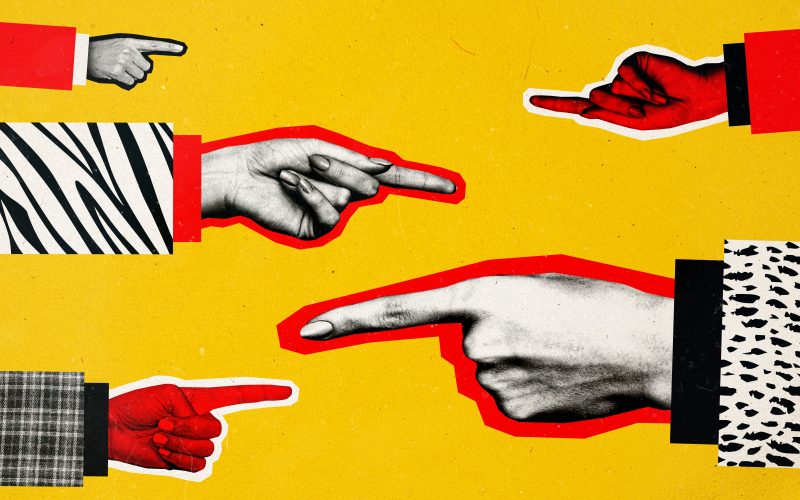
Journalist Melissa Petro joins host Krys Boyd to discuss her own story as a sex worker-turned-elementary school teacher until she was outed by a newspaper, and how she had to grow to be shame resilient.
Read more